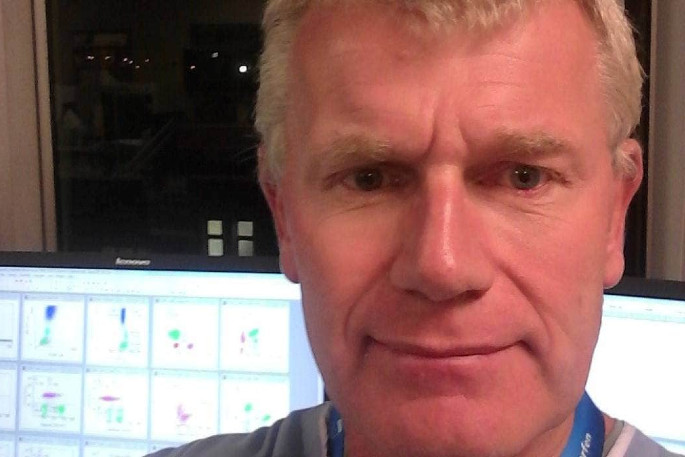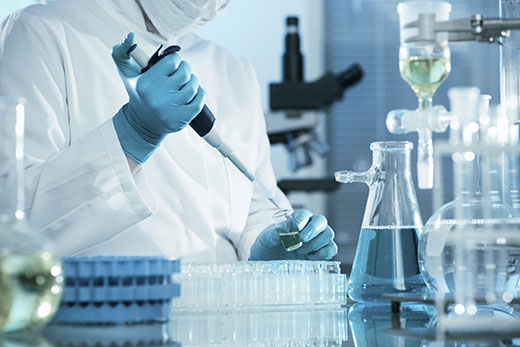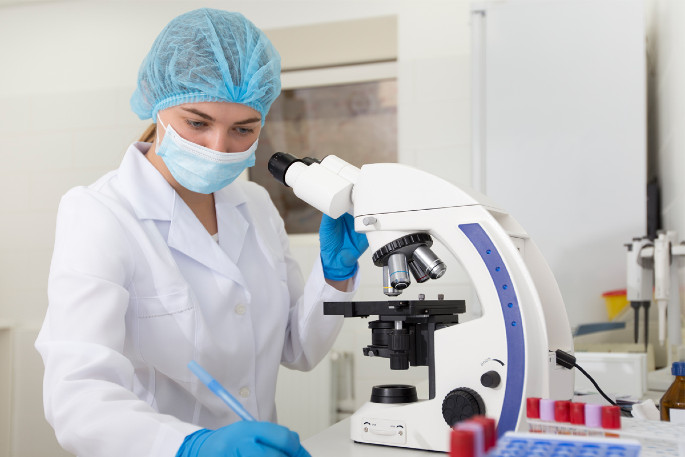The past two weeks have seen the most difficult and demanding phase of the two years of the Covid pandemic for New Zealand's diagnostic laboratory workforce, says Terry Taylor the president of the New Zealand Institute of Medical Laboratory Science – NZIMLS.
On Tuesday February 15 when Terry was quoted as saying ‘the PCR testing system is a week away from breaching capacity', most people probably didn't blink an eye. This was the day before New Zealand moved into phase 2 of the Omicron pandemic response plan.
By Friday February 18 New Zealand's northern laboratories Omicron PCR capacity had been reached and effectively the PCR service was overrun.
By Monday February 21, like the virus, this quickly spread to the Waikato, Bay of Plenty, central North Island and Southern laboratories.
'By the time we moved into phase 3 of the Omicron response plan on Wednesday February 23, virtually all laboratories in the country were at capacity and starting to face significant backlogs of PCR samples,” says Terry.
'The public health professionals tasked with taking the PCR samples were being pushed to the limit and there needed to be swift action and difficult decisions made.”

New Zealand Institute of Medical Laboratory Science president Terry Taylor. Photo: Supplied.
Terry says that as everyone could imagine, this was, and continues to be, an exceptionally difficult and emotionally demanding time for all involved with New Zealand's diagnostic testing response.
'We instantly moved from having control and direction to a situation akin to organised chaos and lack of control over what was unfolding in front of us,” says Terry.
'The leadership and dedication showed throughout the country by the entire workforce will be my lasting memory of the past two weeks.
'I would like to personally put out a heartfelt thank you to our many young training medical laboratory scientists and technicians and who have stepped firmly into the breach of the frontline of our pandemic testing response,” says Terry.
‘The future of our profession will be in the safe hands of a group that have experienced first-hand just how quickly and unexpectedly control can be lost.”

RAT testing was rolled out quickly to pull back the stresses that were placed on the PCR testing capacity and Terry says that in most centres this has allowed laboratories to see light at the end of the tunnel.
'However, this comes as a stark reminder that this has subsequently transferred enormous pressure on our primary care colleagues, in particular the GPs and pharmacists,” says Terry.
'We also know that our job is far from done and we will continue to support our fellow medical professionals as we start to deal with the increasing numbers of patient's starting to need significant care in our hospitals.”
Terry says it is fair to say in the 75-year history of the NZIMLS the members have never faced a challenge quite like this.
'In recent times, specialised disciplines within our medical laboratory workforce have stood up beyond expectations during the Christchurch earthquakes, the Christchurch Mosque terror attacks, the Whakaari/White Island eruption, and the measles outbreak just before the COVID pandemic,” says Terry.
'This has also been an unprecedented time for all involved in governance with no obvious script to follow. We are all in acknowledgement that we are still a while away from gaining parity and any semblance of control in our medical response.”
Within a week there has been a significant change of messaging and emphasis as the NZ national response to Omicron evolves as quickly as the case numbers skyrocket.
'This hasn't been easy for all those tasked with making these difficult and often wide-ranging decisions,” says Terry. 'To ensure the public understanding of exactly what has unfolded in the past two weeks our medical and government leaders deserve credit for keeping the public informed during this dynamic and difficult time for everyone.
'Covid and especially Omicron will eventually be part of our normal fabric and as long as we learn from what has unfolded over the past two months then everyone will be better prepared for any similar situations in the future.
'A week can feel a very long time when you are faced with continuous extreme pressure,” says Terry.



0 comments
Leave a Comment
You must be logged in to make a comment.